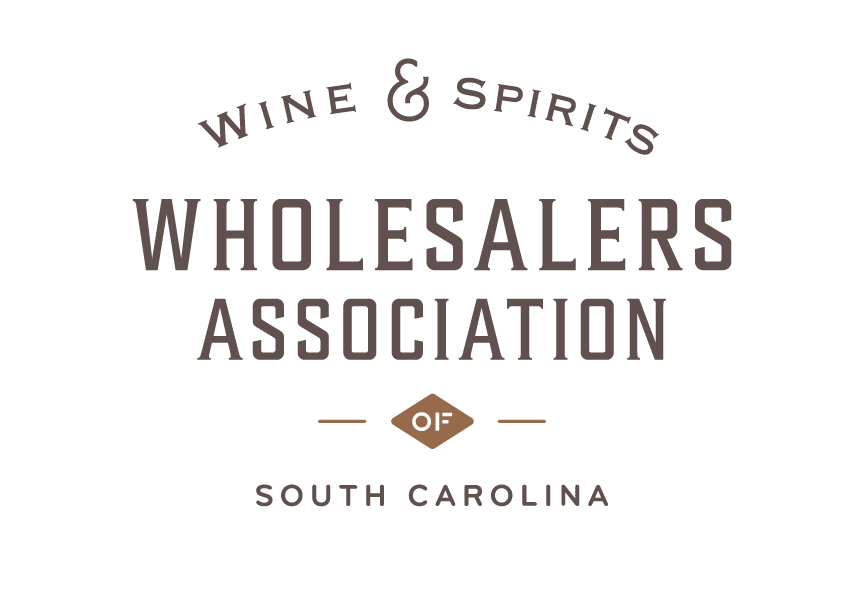Private Labels Threaten Alcohol Market Balance
Source: Public Action Management
by Pamela S. Erickson
April 10th
Private label alcohol has evolved to the point where it provides a benefit for large grocery chains that is not economically feasible for small independent retailers. Therefore, if it becomes a widespread practice, it represents a threat to the alcohol market balance that allows large and small operators to be profitable.
In 2015, I issued a short report on the subject of private labels and identified the following issues:
. Private label products are usually designed to sell at deep discount. Heavily discounted prices can increase consumption.
. When a retailer acquires a "private label", the company must work directly with a manufacturer on a product designed for that retailer, possibly violating laws prohibiting exclusive arrangements.
. A business agreement to produce a product exclusively for a particular retailer may tie a retailer to a manufacturer, possibly violating Tied House Laws.
. If the retailer has an ownership interest in a brand, they can skirt laws banning slotting fees and special treatment. There is no competition for an exclusive brand as it's not available elsewhere.
. Small operators usually do not have the financial ability to invest in a private label, so large companies can undercut on price leaving an uneven playing field.
Some private label brands that were in the market in 2015, seem to have disappeared. Walgreen's Big Flats beer and Albertson's spirit products are no longer found on the shelf in Nevada nor are they featured on internet sites.
What has changed is that "big box grocery chains" have focused on wine, developed an exclusive product at something other than the low end, and provide special promotions. This is a lucrative business. "According to some estimates, retailer margins on private-label wines are as much as double those of branded wines." (See Hannah Wallace, daily.sevenfifty.com, September 11, 2017.) The fact that it is a private label is often not found anywhere on the bottle. So why engage in all this secrecy? Here is the answer given by an executive of a company that produces "exclusive" private labels:
"The shopper who buys wine, I think, really wants to believe that every wine on the shelf is still being made by hand, by a family who lives in a little house on a vineyard...If they think that these wines are simply made by some large corporation or by the retailer, they're not going to value them as much." Oren Lewin, WX Brands
Not all chains keep their private labels secret as their private brands are relatively well known.
Costco has the Kirkland brand and most know that Trader Joe sells "Two Buck Chuck." Also, Target introduced its private label wine, California Roots, but others give it little transparency.
The problem with this practice is that generally exclusive products are not allowed by federal law and many of our states' laws. The idea is that all products on the market should be available to all licensed retailers. It's this law that is often cited as the reason we have such a huge array of alcohol products on the market. In Europe and other countries where they allow exclusivity, you can only find alcohol products from the large manufacturers and "craft" products have difficulty getting to market in these countries.
Private labels provide many advantages to large operators that aren't usually available to smaller retailers. When a retailer owns a brand, they can give it special treatment such as favorable shelf space, end-cap promotions, and tastings. Private label products usually provide the retailer-owner with higher profit margins.
Some states do have regulations for private labels. For example, Pennsylvania essentially bans such products for wine and spirits. Washington State allows private labels for spirits if there is no exclusivity and the products are "reasonably available" to all retailers. But, for many states, there is a lack of clarity and a need for additional transparency.
The federal alcohol regulatory agency, the Alcohol and Tobacco Tax and Trade Bureau (TTB), has started an extensive rule making effort on advertising and labels. This may be an opportunity to address the private label issue if the TTB mandates more information about who is making and profiting from the brand. The TTB says it wants comments from the public and all interested parties. They are "particularly interested in comments that address whether the proposed revisions to the labeling and advertising regulations will continue to protect the consumer by prohibiting false or misleading statements and requiring that labels provide the consumer with adequate information about the identity and quality of the product." The comment period has been extended to June 26, 2019. You can use this link to access the full rule-making package.
It's Notice No. 176 on the following page:
https://www.ttb.gov/regulations_laws/all_rulemaking.shtml However, be forewarned that it is a very lengthy and difficult-to-follow document. But any comments can just constitute a simple description of problems that you think exist. Information about where to send comments is on the first page and again on page 48 (60609)
Sources:
"Private Label Alcohol," Short Report, by Pamela S. Erickson, April 2015 available at www.healthyalcoholmarket.com
Hannah Wallace, daily.sevenfifty.com, September 11, 2017.
